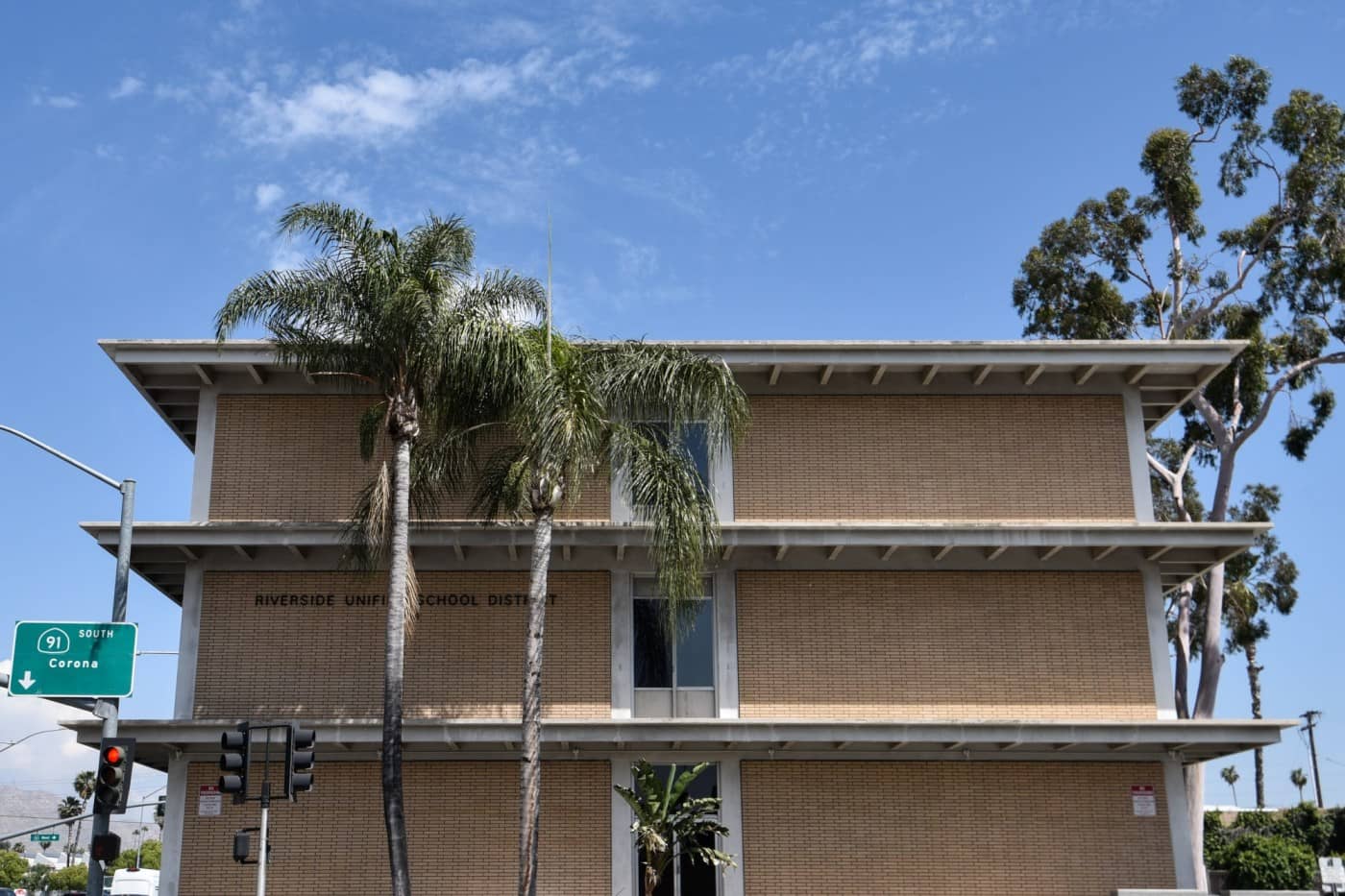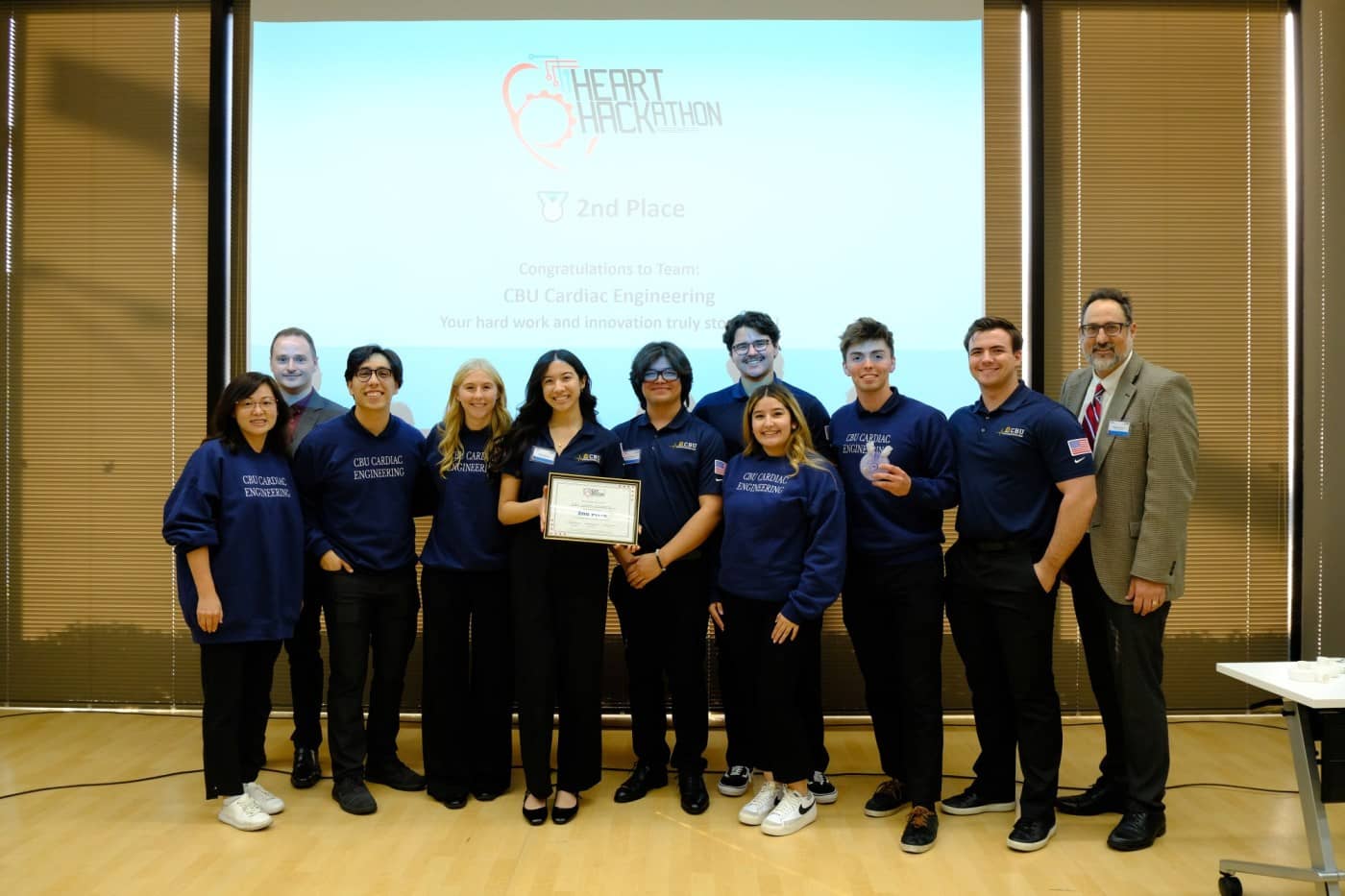In a 3-2 vote, the Riverside school board decided Thursday, Jan. 16, not to vote on a resolution calling on the state to repeal a law letting transgender athletes play sports.
The board discussed the proposal, pitched by board member Amanda Vickers and written by Assemblymember Bill Essayli, R-Corona, that would have had the school district lobby state legislators to remove a state Education Code section allowing transgender athletes in sports.
RELATED: Riverside school board asked to push for change in transgender athletics law
Vickers and board member Dale Kinnear voted to bring the item back, albeit for opposing reasons. Vickers backed it; Kinnear wanted to vote no. Board President Brent Lee and members Noemi Hernandez Alexander and Jesse Tweed opposed considering the proposal.
“Before we bring it back for action there needs to be something to replace it,” Lee said. “We can’t ask to get rid of a law without something to replace it with.”
Had the resolution been approved, the Riverside Unified School District would have asked the state to repeal Education Code 221.5, which provides for equal access to sports and facilities for all students, regardless of assigned gender at birth.
Lee said the law has been in effect since 2014 and that the district had not seen major incidents until a month ago. He said further consideration would not fix anything but he was open to working with lobbyists and legislators to find a middle-ground solution.
Alexander said the board has no power to change state law and it would be up to state legislators to “do the hard work of reaching across the aisle” to create a solution.
“I will not sit here and lie to you and give you the false hope that this chamber has the power to change state law,” Alexander said.
She said Essayli was more interested in gaining popularity with voters than working with the district to solve the issue.
In early 2023, Essayli authored legislation requiring California schools to tell parents if their child identifies as transgender, but the bill died after it was not granted a hearing. The concept took off on a local level, being approved by school boards throughout the state.
Tweed said his priority is the education of students. He did not want to dive into the topic because of the potential implications. Tweed said he would rather focus on something the board could control.
Vickers said the proposal came about after listening to her colleagues at the December meeting, where she said they were unhappy with the law.
“The current system is not working; someone needs to stand up for our girls,” Vickers said.
She encouraged her colleagues to call on Essayli and Assemblymember Leticia Castillo, R-Corona, to find a solution.
The board cannot change state law but it could ask state legislators to change it, she said.
“We have that ability and that duty, based on our constituency,” Vickers said.
Kinnear said that, if he were to support the resolution, he would be telling transgender students they don’t belong. The matter was more complicated than the resolution allowed, he said.
“Sadly, differences of opinion have been weaponized in our state, resulting in the disappearance of conversation, understanding and tolerance,” Kinnear said.
He said it would be up to state legislators to find a middle-ground solution and that the board had no power to change state law.
The resolution was sparked by a lawsuit against the district and examples of female athletes being displaced by transgender athletes. The community has called upon the school district to “protect fairness in girls’ sports and to advocate for changes in state law that prioritize biological distinctions in athletic competition,” according to the proposed resolution.
In November, Martin Luther King High School students filed a federal lawsuit contending that Riverside Unified violated students’ First Amendment rights and denied students fair and equal access to athletics. A student alleged that a transgender athlete replaced her on the Riverside school’s cross country team.
At a December board meeting, some called on Superintendent Renee Hill to resign over the situation.
The suit alleges that King students opposed to the district’s actions wore T-shirts with the slogans “Save Girls’ Sports” and “It’s Common Sense. XX ≠ XY,” and were told by a school administrator that this was akin to wearing Nazi swastikas in front of Jewish students.
The board’s discussion came five hours into the meeting. Twenty-five people stayed to speak on it.
Critics called the proposal hateful and inherently anti-trans. They asked the board to protect transgender students’ rights.
“Trans youths experience detrimental effects to their health and mental well-being when they are pushed out of affirming spaces and communities,” said Jonelle Bates, representing the Inland Empire Prism Collective, a San Bernardino-based nonprofit group that supports LGBTQ youths.
She said transgender athletes have no advantage and are often at a disadvantage because they face discrimination and violence.
“This recent focus is just the most recent Trojan horse to pass anti-trans agenda,” said Erika Ruiz, also a collective member.
She asked the board to see the hostility for what it is and said trans students deserve to participate in sports.
“This tin-can resolution, it is political theater and it is hateful and a disgrace,” Mary Castrano said. “Some people want power so bad they are willing to dehumanize children to get it.”
Those in favor of the resolution asked the board to protect the safety of female students and to take a stance.
“School boards are about local control, voting on resolutions so we can see where you stand,” Keith Nelson said. “… If you can’t stand up and do the heavy lifting and, I have said this before, resign.”
Nelson said the state and federal constitutions protect the right of privacy and that the Education Code violates the privacy rights of women.
“You said your job is to make school feel safe, you guys think you are making school feel safe?” Chase Slavin a junior at Martin Luther King High School said.
He told Tweed that as an elected official he should take a stand but alleged he was “too afraid of the radical left.”
District parent Maria Carrillo asked board members why they would not oppose the law.
“You are not taking a stand for the girls of Riverside school district,” she said.


